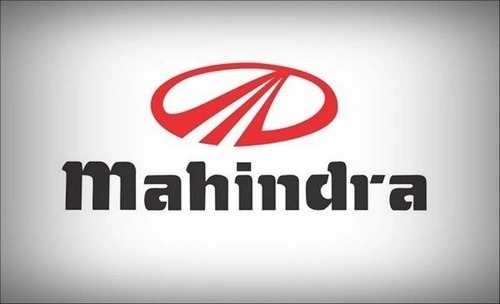 Image Source : The Business Scroll
Image Source : The Business Scroll
Mahindra Warns of Rising Steel Costs Amid EV Expansion and Regulatory Shifts
Mahindra & Mahindra (M&M), one of India’s leading automotive manufacturers, has raised concerns over the escalating cost of steel, which has surged by 6 percent over the last quarter. During its Q1 FY26 earnings briefing held earlier today, the company cautioned that continued inflation in raw materials—especially steel—could strain pricing stability and impact margins across its vehicle portfolio.
Key Takeaways from Mahindra’s Q1 Briefing
- Steel prices rose 6 percent quarter-on-quarter, becoming the largest inflationary driver
- Mahindra implemented a price hike of up to 3 percent across SUVs and commercial vehicles in Q1
- Commodity hedging and inventory buffers helped offset some cost pressures
- CFO Amarjyoti Barua warned of sustained inflation in steel and precious metals
- Mahindra remains confident in its supply chain resilience for rare earth elements
Steel Inflation and Its Ripple Effect
Steel, a core input in automotive manufacturing, has seen a sharp price increase, driven by global supply constraints and pre-buying trends in the U.S. Mahindra’s Executive Director & CEO of Auto and Farm Sector, Rajesh Jejurikar, emphasized the need to moderate raw material inflation to preserve price stability.
- Steel identified as the most significant cost escalator in Q1
- Inflationary pressures also noted in precious metals
- Mahindra’s hedging strategies and inventory planning helped cushion Q1 impact
- Future quarters may face tighter margins if steel inflation persists
Price Adjustments and Market Strategy
To counter rising input costs, Mahindra raised vehicle prices by up to 3 percent across its SUV and commercial vehicle lineup. The company stated that the hike was necessary to maintain profitability and absorb commodity cost shocks.
- Price hike applied to both passenger and commercial segments
- No disruption in production reported despite rare earth supply concerns
- Mahindra exploring ferrite-based alternatives and light earth substitutions
EV Growth and Fuel Efficiency Norms
Despite cost pressures, Mahindra continues to lead in the electric vehicle (EV) space. Electric SUVs contributed 8 percent to total SUV volumes in Q1 FY26. The company also reaffirmed its commitment to Corporate Average Fuel Efficiency (CAFE) norms, even as industry debates continue over the inclusion of light
commercial vehicles (LCVs).
- Mahindra supports BEE’s draft notification retaining LCVs in fuel efficiency mandate
- SIAM has submitted recommendations for CAFE norms for passenger and commercial vehicles
- Mahindra holds 54.2 percent market share in LCV segment, overtaking Tata Motors
Strategic Outlook and Industry Implications
Mahindra’s cautionary stance on steel prices reflects broader industry concerns. With global trade dynamics shifting and input costs rising, automakers may need to recalibrate pricing strategies and production plans.
- Rising steel costs could impact Q2 and Q3 margins
- EV expansion remains a strategic priority despite cost headwinds
- Regulatory clarity on fuel norms will shape future product planning
- Mahindra’s proactive supply chain management offers short-term resilience
As the automotive sector navigates inflationary turbulence and regulatory transitions, Mahindra’s Q1 insights offer a glimpse into the balancing act between growth, cost control, and compliance.
Source: Economic Times Auto
Advertisement
Advertisement





